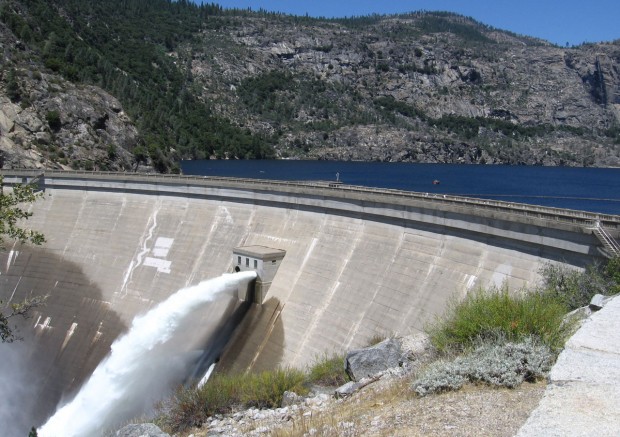
As much as I love fresh local food, why isn’t there more of it? Why aren’t there more small farmers selling their amazing produce to their own communities? What’s stopping them?
For sure, the local food movement is growing, but why is it still at the fringe of society? Or am I just being impatient?
In my last article, I looked at excuses consumers make to justify their supermarket addiction. Today, lets look at it from a farmer’s point of view. What’s holding our local farmers back?
Farmer or marketing guru?
It’s one thing to coax nature into providing a healthy bountiful harvest. It’s another thing to find a market for it. Most farmers I know are much happier tending their plants and animals than brainstorming a clever marketing strategy. Is there some characteristic that makes for a great farmer but a lousy marketer? Or is there something about the often deceptive side of marketing that turns farmers off?
Whether it is an aversion to slick marketing or a lack of experience, the bottom line is that without customers, there is no farm. Having access to a vibrant market eager to gobble up your fresh local food is key to any farming business.
Is farming a business or a lifestyle?
It may be due to the idyllic rural environment, but I’ve noticed that many small farmers see farming more as a lifestyle than a business. But if a farm is not run like a business, then is it worth taking all those risks for minimum wage, or worse, losses? I think that there’s no good reason why farmers shouldn’t being earning a decent white-collar salary and drive a BWM like city folks if they want to.
I would argue that natural farming, with all its variables and uncertainties, is one of the most intellectually challenging occupations out there and it should be financially rewarding enough to attract the best and the brightest minds.
They’re farmers, not computer geeks
Most farmers don’t have a degree in computer science either. Setting up basic software to do accounting, to keep the business organized and communicate with customers is not just technically challenging, but expensive and time-consuming as well. If farmers want a professional website that represents the quality food they produce, say goodbye to 1000s of dollars and huge chunks of their their time — resources they could be using to grow food.
Money doesn’t grow on trees
Traditionally, farming is a capital intensive business. Land is expense, tools and machinery are expensive and it all requires solid infrastructure. Farmers have the unique challenge to earn a year’s salary in one season. That means there’s often very limited surplus capital to invest in tools, websites, business management systems, marketing plans, advertising, and professional education to learn to farming methods and develop business skills.
Small farms, big red tape
You want to plant vegetables or a mixed fruit and nut orchard, but the government says “sorry this land is for corn only”. Want to farm-process your own livestock for meat? No problem, you only need a cool million to invest into a state-approved industrial slaughter house.
No only do we live in an overly regulated world, but the game is rigged by the biggest players in order to keep us little guys out. You can’t win this game, so you have to invent your own. The successful small farmer is an innovator. And we need a space to share our creative ideas with each other if we’re going to dodge the bullets of corporate-sponsored government bureaucracy.
It is definitely not a question whether ecologically sound farming is economically viable. I think it is more a question of identifying the challenges of being a small polycutural farmer and seeking answers.